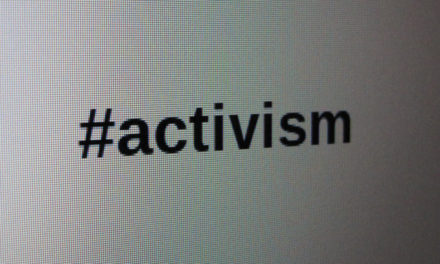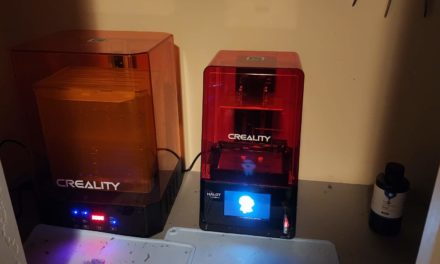There is a lot of buzz lately about the “sharing economy.” Companies like Airbnb and Uber have taken the world by storm, and sites like Etsy and Fiverr make it easier than ever for the “everyman” to directly buy and sell products and services. Suddenly, buying “local” and supporting small businesses instead of big box companies and mass-producing corporate giants is not only easier, but in many instances more affordable.
It all sounds like a win win. Take Airbnb for instance. Someone looking for a place to stay can often find an entire apartment for the price of a motel room, and any home owner can easily make a little extra money on the side to use towards their own travel plans. Tesla has announced that their self-driving cars will include features to make it possible to automatically share your car with someone else. Most people occasionally travel by air, but only the wealthy own their own private plane, should this rule apply to other goods? Will there be a new premium market for people who want to own their own things?
Go back to Airbnb. I recently bought a house and finished the basement as a separate studio apartment. I could rent it out for probably about $600 a month. Or, I could list it on Airbnb for $75 a night and easily make almost triple that. For a young family on a single income, it’s an easy choice. But what about the other young families who are in search for a place to rent? There is no way that they could afford a monthly amount that would make it worth it for me. In cities where Airbnb has become especially popular, people are buying homes strictly for the purpose of listing them full time on Airbnb, dramatically driving up rent and mortgage costs for those who want a house just to actually live in it.
So what is the answer? More innovative businesses finding even better peer-to-peer solutions? More laws making personal property irrelevant? If we want to achieve a selfless future, we should look toward our past. These forums have done a great job of increasing our reach, but we can’t let them change our motivation. Don’t look at every interaction like a business transaction. What was once considered neighborly kindness now has a dollar figure attached to it. Go back to the days where we could knock on our neighbor’s door without our wallets and ask for a cup of sugar. Or their car.










My pastor says that sharing is just another word for communism which is the way of the DEVIL!
Ruthless capitalism is the only true path to God!
Great, bing took me stright here. thanks btw for this. Cheers!
Hey, you used to write magnificent, but the last several posts have been kinda boring… I miss your tremendous writings. Past few posts are just a bit out of track! come on!
I love it when people come together and share opinions, great blog, keep it up.